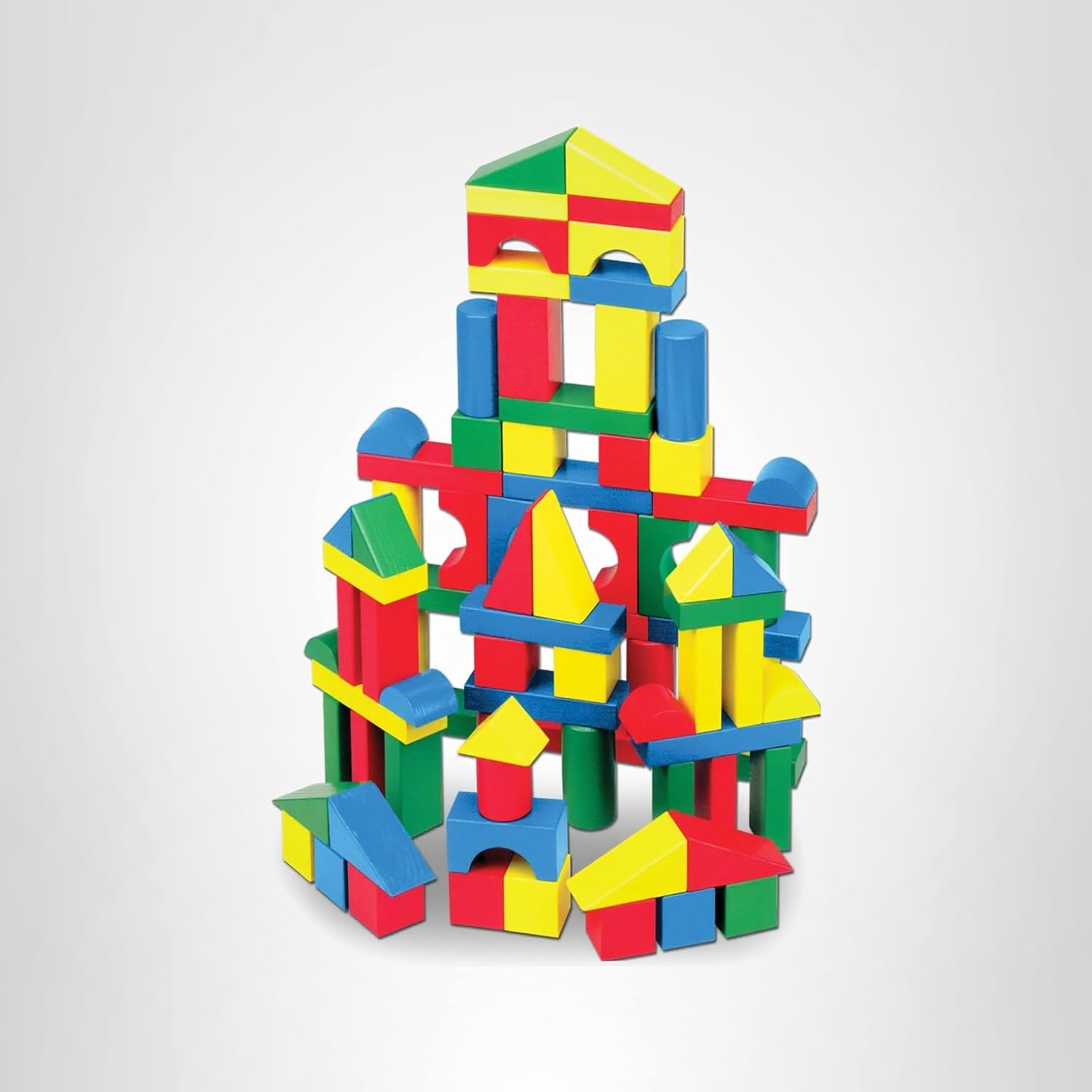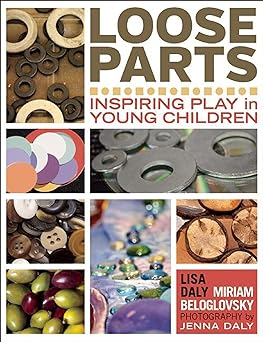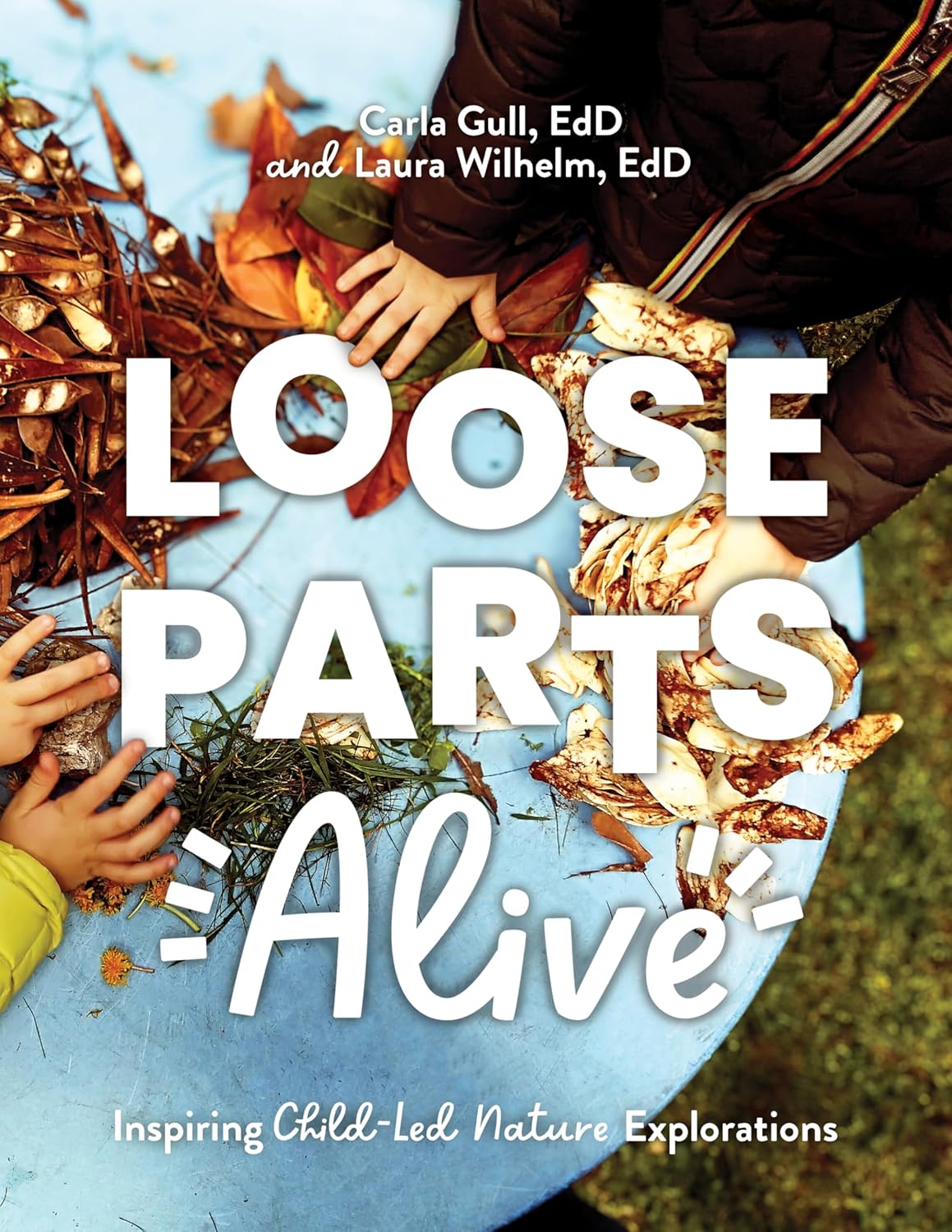The Science of Joyful Play: Flow States in Early Childhood Learning
Making Early Learning Simple, Joyful, and Evidence-Based
The “E” in PERMA: Engagement
In psychologist Dr. Martin Seligman’s PERMA model of well-being, the “E” stands for Engagement — that deep sense of focus, joy, and total absorption in what we’re doing. For young children, play is their natural state of engagement — their version of flow.
What Is Flow?
Psychologist Mihaly Csikszentmihalyi described flow as the sweet spot where challenge meets skill. In a state of flow, the mind is so immersed in an activity that time seems to disappear. Children experience this constantly — stacking blocks, finger-painting, or exploring a sound or motion just to see what happens.
Play as the Gateway to Engagement
Play is how children make sense of the world. When play is open-ended and child-led, it builds creativity, persistence, and intrinsic motivation — the “I want to do it again!” drive that fuels lifelong learning.
Finding Flow: What It Looks Like
You’ll know a child is in a state of flow when you see deep concentration, repetition, and calm focus. A child painting, dancing, or building quietly for several minutes isn’t zoning out — they’re zoning in. Their brain is lighting up with learning.
Creating Conditions for Flow
- Offer open-ended materials like blocks, art supplies, or nature items.
- Follow their lead — observe before stepping in.
- Protect uninterrupted time.
- Match challenge to skill.
- Value the process, not the product.
When Adults Join the Flow
Engagement grows when caregivers share in it. When you crouch down beside a child and build with them — not to teach, but to join — your presence deepens their experience. Children learn that learning itself is joyful.
The Science Behind the Joy
Research by Csikszentmihalyi and Seligman shows that engagement is a core part of human well-being. In early learning, play-based engagement strengthens attention span, creativity, problem-solving, and emotional resilience.
Final Thought
When children are deeply engaged, they aren’t just playing — they’re learning how to think, focus, and find joy in discovery. Flow is where joy meets growth.
Helpful Tools (Text-Only Links)
Explore simple materials that encourage open-ended, child-led play. (Affiliate links, tagged vanessarm-20)
Magnetic Building Blocks for Kids Ages 3+
Magnet tiles are one of the best toys for promoting flow state in toddlers and preschoolers—that calm, focused engagement where real learning happens. The easy click-and-build design keeps kids absorbed as they explore shapes, balance, and cause-and-effect through hands-on play.
This simple, open-ended building also supports key kindergarten readiness skills like spatial reasoning, early math, problem-solving, fine motor control, and cooperative play. (Learn more on my Kindergarten Readiness page.)
Magnet tiles naturally align with developmental milestones from ages 2–5, helping children strengthen hand-eye coordination, creativity, early engineering skills, and longer attention spans. (See detailed milestones on the Developmental Milestones page once it’s published.)
A single toy—yet so much meaningful learning.
Joy Builds the Brain: How Positive Emotion Fuels Early Learning
✨ You’re Doing Amazing — Let’s Make Learning Simple ✨
Subscribe to my blog for instant access to today’s Featured Freebie — plus weekly printables, early learning tips, and new resource alerts.
✉️ Subscribe for Instant Access
Want unlimited access to every premium resource and future freebie — forever?
(One-time purchase. Lifetime access.)
Already a member? Request your freebie here
No spam — just real tools that make early learning simple, joyful, and evidence-based.
About Early Learning Made Easy:
Created by Ms. Vanessa, CDA-certified Early Childhood Educator. This blog provides simple, joyful, evidence-informed learning activities for families and caregivers.
Affiliate & Research Disclosure:
This site may include Amazon affiliate links. As an Amazon Associate, I earn from qualifying purchases at no additional cost to you. Content is independently created and informed by evidence-based research.
© Early Learning Made Easy — All Rights Reserved.











No comments:
Post a Comment
We would love to hear from you!
Note: Only a member of this blog may post a comment.